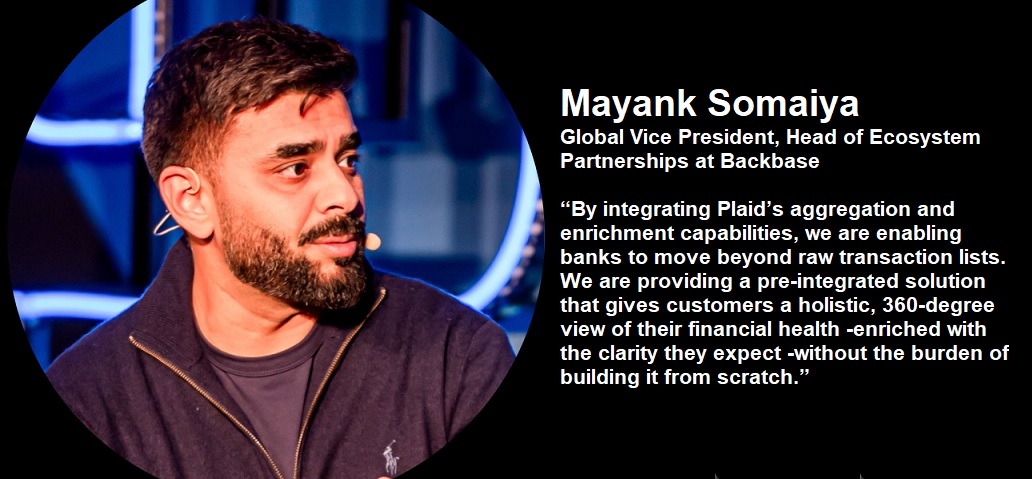Meta platforms remain the biggest source of all scams (62%), reported to Revolut globally in H1 2024. Revolut calls for Meta to commit to sharing reimbursement of fraud victims.

. Revolut is calling for Meta to commit to the reimbursement of fraud victims, arguing its data sharing initiative with UK banks and financial institutions falls woefully short of what’s required to tackle fraud globally
. New report from Revolut today reveals Meta platforms remain the biggest source of all scams (62%), reported to Revolut globally in H1 2024, showing no significant change from H2 2023 (64%)
. Facebook was the most common source, accounting for fraud volumes (39%) more than double that of the next highest platform, WhatsApp (18%)
Revolut, the global fintech with over 45 million global customers, is calling on Meta to commit to sharing reimbursement of fraud victims, arguing that its recently announced data-sharing partnership with UK banks and financial institutions falls woefully short of what’s required to tackle fraud globally.
Revolut released the second instalment of its Consumer Security and Financial Crime Report, disclosing exclusive scam and fraud insights from the first half of 2024. It showed that Meta platforms remain the main source of all scams reported to Revolut in H1 2024 (62%), with no significant change compared with H2 2023 (64%).
Following the announcement that Meta is to launch a data-sharing partnership with UK banks and financial institutions to prevent fraud, Revolut is deeply concerned that the initiative does not address what’s required to tackle fraud:
. The emphasis is once again being placed on financial institutions to supply data on scams seen on Meta platforms, rather than Meta investing more to monitor their own sites.
. This initiative is only focused on the UK, when fraud is a global issue impacting consumers and businesses across many countries.
. Still no commitment to share in the reimbursement of victims defrauded on Meta platforms, despite the company potentially profiting from fake and fraudulent adverts.
Revolut’s Head of Financial Crime – Woody Malouf, said: “These plans are baby steps, when what the industry really needs is giant leaps forward. What our latest report on financial crime shows is that social media platforms not only continue to enable fraud, but that the issue is just as bad today as it was last year. Victims and financial institutions still ultimately bear the cost. These platforms share no responsibility in reimbursing victims, and so they have no incentive to do anything about it. A commitment to data sharing, albeit needed, simply isn’t good enough.
“We are confident in the steps the UK government is taking to tackle fraud, but what is urgently needed now is for Meta and other social media companies to commit to supporting victims of fraud in the same way financial institutions do. Their silence on this issue says it all.
“We are prepared to do our part to keep customers safe, and so should they. We should be the last line of defence, not the only line of defence.”
Ahead of new rules due to be imposed in the UK from 7 October 2024, the key findings of Revolut’s Consumer Security and Financial Crime Report highlight the importance of tackling fraud at the source:
Meta remains the primary originator of scams
Globally: In the first half of 2024, Meta platforms accounted for 62% of all scams reported to Revolut. Meta is now responsible for a greater percentage of scams compared to last year, despite continued rhetoric that it is curbing fraud.
Facebook was the most common source
Globally: 39% of scams originated from Facebook, accounting for more than double the number of fraud cases that originated on the next highest platforms: WhatsApp (18%) and then Telegram (12%).
Purchase scams remain most prevalent with job scams on the rise
Globally: Purchase scams were the most prevalent in all countries except Italy, impacting 60% of victims worldwide and highlighting its continued use as the most common tactic used by fraudsters to deceive victims.
Globally: Fake job scams have seen a dramatic rise from 9% at the end of 2023 to double that (18%) by the end of June 2024, now representing a significant share of scams.
_______________
Revolut invested heavily in their Financial Crime team, which now makes up more than a third of their total global workforce of 10,000+ employees. Revolut is continually enhancing its security features, implementing real-time fraud detection systems, and providing educational resources to help consumers stay informed about potential risks. Revolut recently launched Revolut Secure, which brings together Revolut’s cutting-edge security features to give customers more control over how their money is protected. In 2023, Revolut prevented over £475 million in potential fraud against its customers and is consistently working on updating protections to stay one step ahead of fraudsters.
The company is also working with governments and technology firms to combat fraud at its source, ensuring a safer digital ecosystem for all.
Dariusz Mazurkiewicz – CEO at BLIK Polish Payment Standard
Banking 4.0 – „how was the experience for you”
„To be honest I think that Sinaia, your conference, is much better then Davos.”
Many more interesting quotes in the video below:










